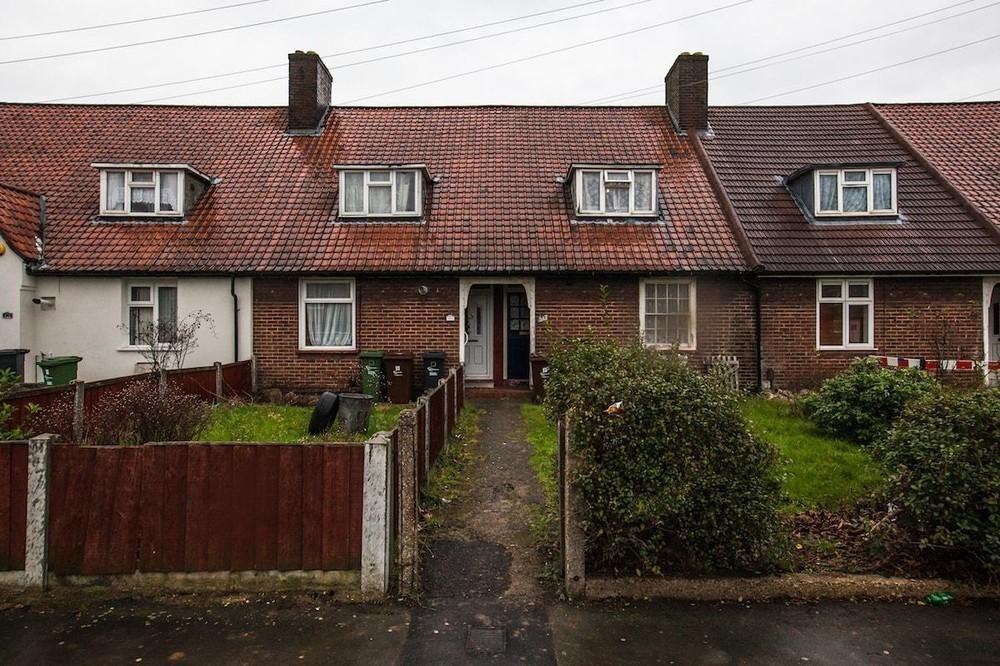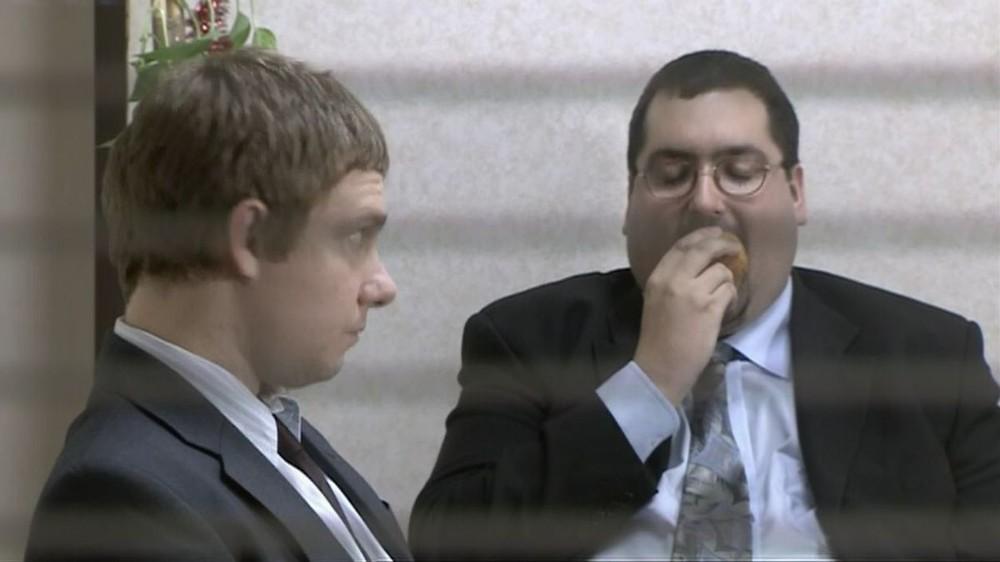
A penniless hipster trying to make a few quid by posing for this stock photo.
Yep, it’s that time again: time to find out how miserable your life is going to be just via the sheer misfortune of being under 30. Brace yourselves, because this is a big one.
A new report called Stagnation Generation was released today and it shows, in eye-watering detail, the multitude of ways young people in Britain have been fucked over, are being fucked over and will be fucked over in years to come. Researchers at the Resolution Foundation collated hundreds of pieces of research for a spectacularly in-depth look at just how bleak your future is likely to be.
Videos by VICE
Not all of this is new information – indeed, barely a week goes by without some new story about how young people are being screwed out of their future. But the sheer number of fronts in which money is transferring from the young to the older is still somewhat staggering. Here are a few of the highlights.
HOUSING

photo by Jake Lewis
It’s no great surprise that home ownership among young people has fallen off a cliff – although the figures do make for bleak reading. When a baby boomer turned 30 they were 50 percent more likely to own their own home than a millennial is at the same age. The share of under-35s who own a home has almost halved in the past 15 years.
But it’s not just about not owning a home now. The knock-on effects of that are huge. Many millennials will never own a home, or won’t be able to buy until much later in life. That means a huge number of young people now have no serious chance of building any considerable wealth for most of their lives. They will have nothing to fall back on in tough times – unemployment, illness – and very little to pass on to their children. Even today, those aged 65-74 now hold more wealth than the entire population aged under 45 (a group more than twice their size).
Meanwhile, young people are chucking huge sums of money away on rent. Millennials are spending an average of £44,000 more on rent in their twenties than baby boomers did. And because the number of people who will rent their whole lives is rising so quickly, it’s going to leave huge headaches for the government when our generation retire, as they’ll have to start doling out huge amounts in housing benefit to pensioners (one forecast predicates a 153 percent real terms increase between 2010 and 2060).
WORK AND EARNINGS
As Cameron tried to scrappily put together a legacy in the three hours or so before Theresa May kicked him out of Downing Street, he kept trumpeting that there were now more jobs than at any time in British history and that unemployment had fallen to pre-recession levels. While it’s true that youth unemployment is relatively low, the kinds of jobs young people are doing pay way worse than they used to.
People in their twenties were hardest hit in pay-terms by the recession. Between 2009 and 2015 the median pay of these young workers fell by around 12 percent (compared to just 3.7 percent for workers over 60). A typical millennial has earned £8,000 less during their twenties than those in the preceding generation, despite paying way more in rent and other living costs.
It also became much less likely that young people would switch jobs after the recession, most likely because of fears around job security. People who switch jobs normally experience much larger pay increases (they reckon 12 percent for people who switch compared to 4.5 percent who stay), but job switching among young people fell by a third after the recession.
PENSIONS

photo by Hazel Gaskin
As we have mentioned in the past, pensions are a great way to transfer money from the young to the old, because the old care about them loads and the young don’t even understand them.
Millions of young people used to be on something you’ve probably never heard of, called a defined benefit occupational pension scheme. These had huge contributions from employers – around 16 percent – and much larger payouts. But the number of people on them has dropped by 75 percent since 2000. The pension most of us are on – defined contribution pensions – have become vastly more popular in the same time period, but the average employer contribution is just 2.9 percent.
But it get worse, because those great pensions older people have aren’t quite working out. According to the report:
The circumstances that led to these schemes closing – consistent underestimates of rising life expectancy; low stock market returns; a long-term decline in interest rates… resulted in large funding gaps. As a consequence, many firms now have to set aside large sums of money from today’s revenues to fund yesterday’s promises.
In other words, billions of pounds that we make for our employers is going to fund our elders better pension schemes while we get left with scraps.
TORIES

On top of all this, the Tories have made a number of commitments to tax breaks and spending cuts, which, you guessed it, wildly benefit the old while disadvantaging the young. This was a point that was made during the run-up to the 2015 election as it became clear that Osborne was offering all kinds of treats for pensioners in order to win votes. But it’s now believed that during this term the government will enact policies that equate to a near £1.7 billion reduction in the incomes of millennials, and a net £1.2 billion increase in the incomes of baby boomers.
And that’s pretty much it for this session. I’ll leave the room while you get dressed. We’ve still got student loans, worse work conditions and dodgy landlords to get through, but we can save that for another time. See you next week!
Why Reports That Young People Didn’t Vote in the EU Referendum Are Bullshit




